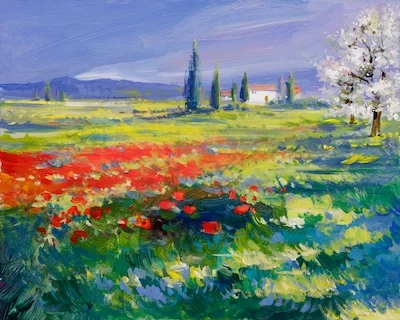Pakistani Portraits
Powerful images by Madiha Aijaz lament cultural losses.

Madiha Aijaz, from “Death sentence in two languages,” 2016 (courtesy the artist)
Memorial for the lost pages, a collection of intimate videos and photographs, on view at Vancouver’s Contemporary Art Gallery until Jan. 3, honours documentarian Madiha Aijaz and her perspective on loss, longing and change in present-day Pakistan. Aijaz, born in 1981, died unexpectedly in 2019 from cardiac arrest. This is her first exhibition in Canada.
Aijaz is primarily concerned with the language divide between Urdu and English and the loss of a rich literary past in the rush to embrace modernity. This is directly expressed in her video These Silences Are All the Words.
Shot across Karachi, Pakistan’s largest city, in various neglected and under-used public libraries, the video presents several users and custodians. “People have forgotten Persian,” a librarian says in Urdu with English subtitles. Another attributes the empty libraries to the conservative Pakistani government and its anti-intellectual agenda.

Madiha Aijaz, “These Silences Are All the Words,” 2018, single-channel video (courtesy the artist)
The second video, Brown Sahab and the Pomeranian, pokes fun at colonial Brits and their affection for their dogs, but also tells us, ironically, that Pakistanis themselves give their pets English names “so our children can practice their English.”
Memorial for the lost pages, from which the exhibition gets its name, is perhaps the bleakest of the three. Devoid of narration, it presents a series of empty rooms at Karachi’s Theosophical Society, closed because of “concerns over its contents.” One can almost hear the wind whistling through the halls. Children dash across the floor. The complex is now used as a school.

Madiha Aijaz, from “Memorial for the lost pages” (film still), 2018 (courtesy the artist)
Twelve photographs collectively called Death sentence in two languages continue the theme of loss and change, but also play with composition and technique. In one, a mirror hangs on a wall, reflecting a flurry of activity elsewhere in the room. It’s a curious mix of the passive and the active, all within a single frame. In another, Aijaz trains her camera on a shelf of plastic dolls at the local market. Backlighting gives the toys an eerie glow.

Madiha Aijaz, from “Death sentence in two languages,” 2016 (courtesy the artist)
Aijaz chooses her scenes carefully – they’re quiet, reflective and intimate. Young men are caught off guard, playing pool or staring into space, lost in thought. The mundane becomes significant, especially in her videos, where the camera focuses on objects that complement the narrative rather than identifying the speaker.

Madiha Aijaz, from “A Railway Pilgrimage in Pakistan,” 2014 (courtesy the artist)
The exhibition continues off-site with 14 large photographs mounted at the entrance to Vancouver’s Yaletown-Roundhouse transit station. At first glance, A Railway Pilgrimage in Pakistan seems an appropriate tie-in, but the haunting images of passengers and crew upend the romantic ideal of train travel with a dose of reality. Built by the British in 1920, the Khyber Mail was once the pride of the subcontinent. But like Karachi’s little-used libraries, the train has devolved amidst neglect and disrepair. ■
Madiha Aijaz: Memorial for the lost pages is on view at the Contemporary Art Gallery in Vancouver from July 24, 2020 to Jan. 3, 2021.
PS: Worried you missed something? See previous Galleries West stories here or sign up for our free biweekly newsletter.

Contemporary Art Gallery
555 Nelson Street, Vancouver, British Columbia V6B 6R5
please enable javascript to view
Tues to Sun noon - 6 pm
